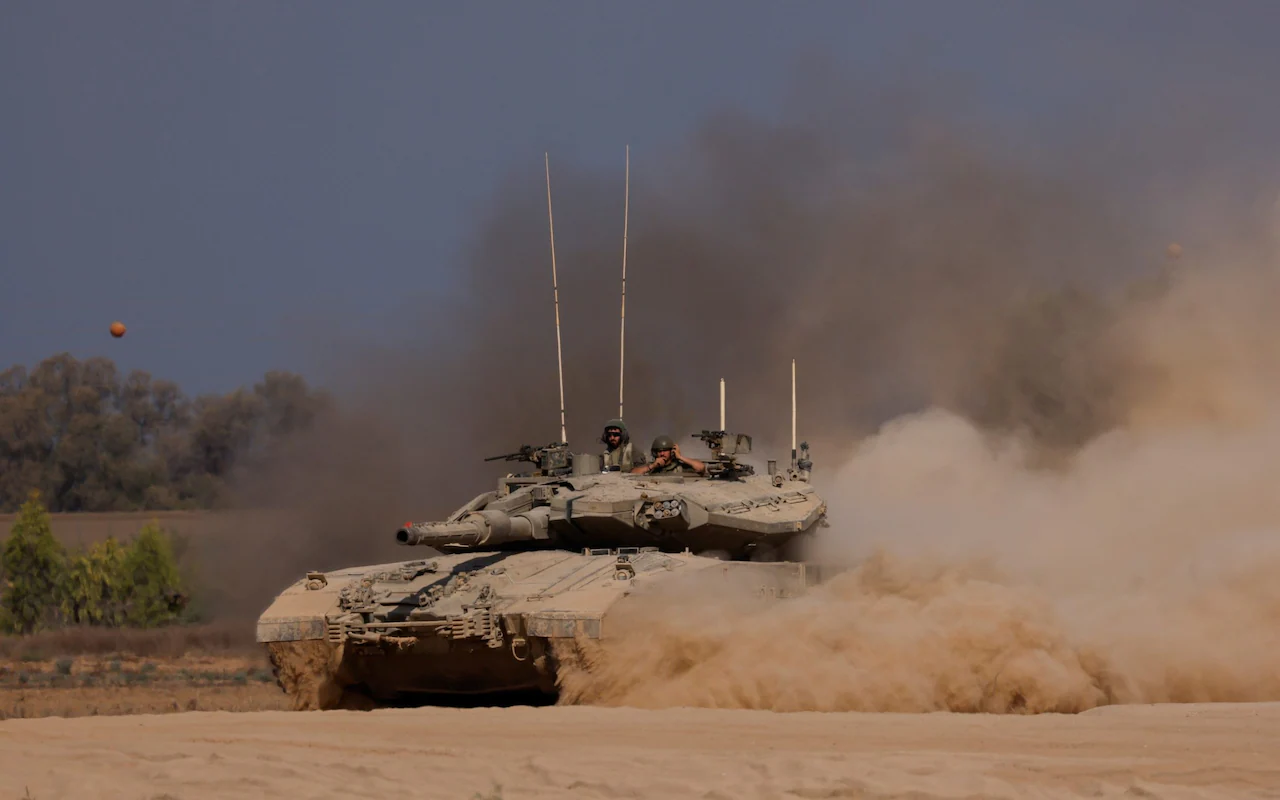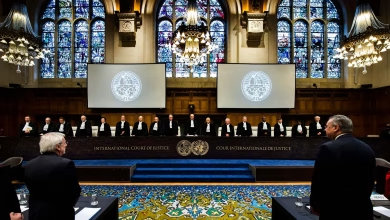The ongoing confrontations in the West Bank highlight Israel’s complex global challenges. Violence had been escalating even before October 7, and Hamas’s attack along the Gaza border has intensified terrorism in the West Bank. This rise in violence is attributed to Hamas, Fatah terrorists, and Iranian support, with the Palestinian Authority also playing a role. The Israeli Defense Forces (IDF) previously conducted limited raids but recently launched a larger operation.
The BBC has questioned the necessity of Israel’s actions against West Bank terrorism, while UN Secretary-General Antonio Guterres has called for an immediate halt to Israeli operations, suggesting that only a two-state solution can end the violence. This perspective overlooks the reality that after Israel’s 2005 withdrawal from Gaza, the region became a base for Hamas aggression, and the current threats in the West Bank are more immediate due to its proximity to major Israeli cities and Jordan.
Iran’s efforts to destabilize Jordan and create a base for attacks against Israel add to the complexity. Guterres’s call for a two-state solution seems increasingly unrealistic, especially given the current circumstances and the lack of support for such a solution among Palestinians.
Israel faces attacks from multiple fronts—Gaza, Lebanon, and Iran—responding with tactical precision but facing international criticism. Western leaders often express support for Israel’s right to self-defense but call for restraint and a two-state solution, applying standards not demanded of other nations under attack. For instance, UK Foreign Secretary David Lammy condemned Russia’s attacks on Ukraine but only urged restraint and a ceasefire in response to Hezbollah’s attacks on Israel, avoiding direct mention of Iran’s role.
Despite tactical victories, Israel’s allies in the West appear reluctant to fully support its actions. Gaza remains unstable due to a persistent guerrilla campaign, exacerbated by delays from the Biden administration. In the north, a decisive strike against Hezbollah is needed, but the Biden administration prefers to wait until after the US elections, despite lacking a viable alternative.
This reluctance in the West stems from a long-term campaign to delegitimize Israel through international courts, protests, and media hostility, causing leaders to fear confronting this narrative despite acknowledging that Israel’s adversaries are also a threat to Western interests.




